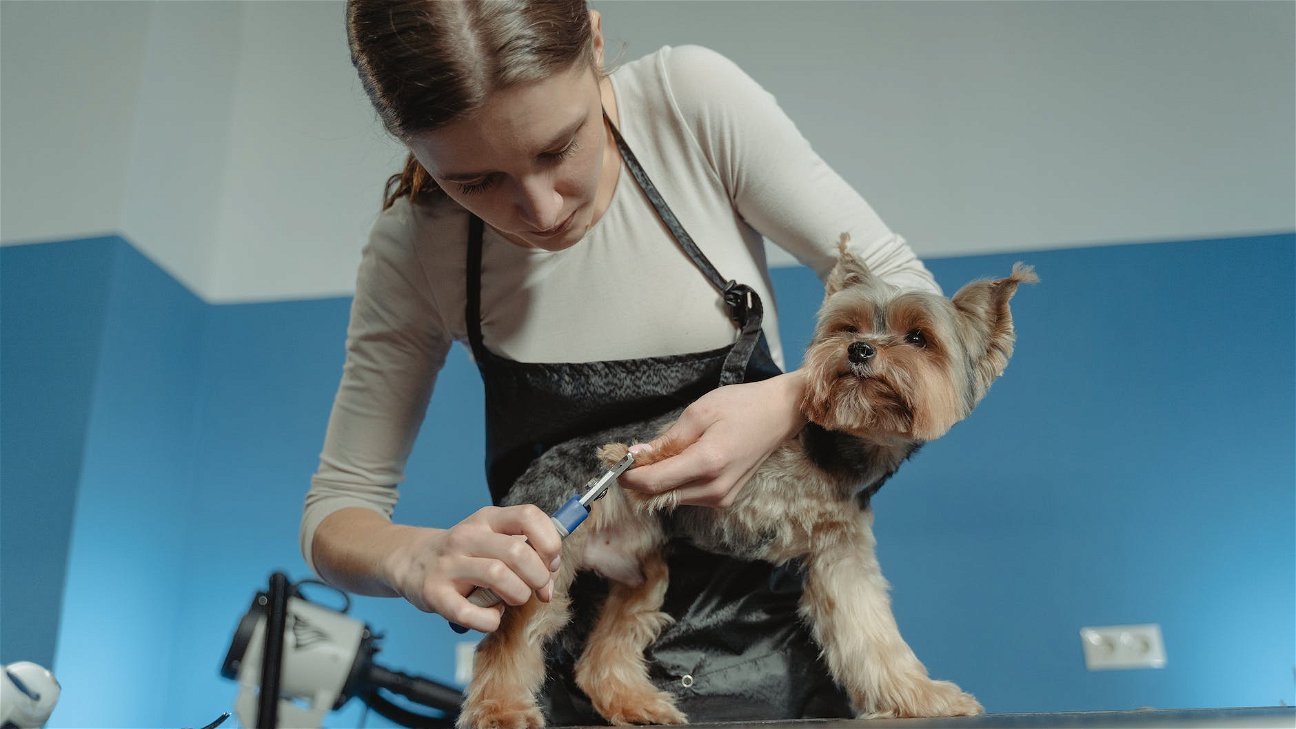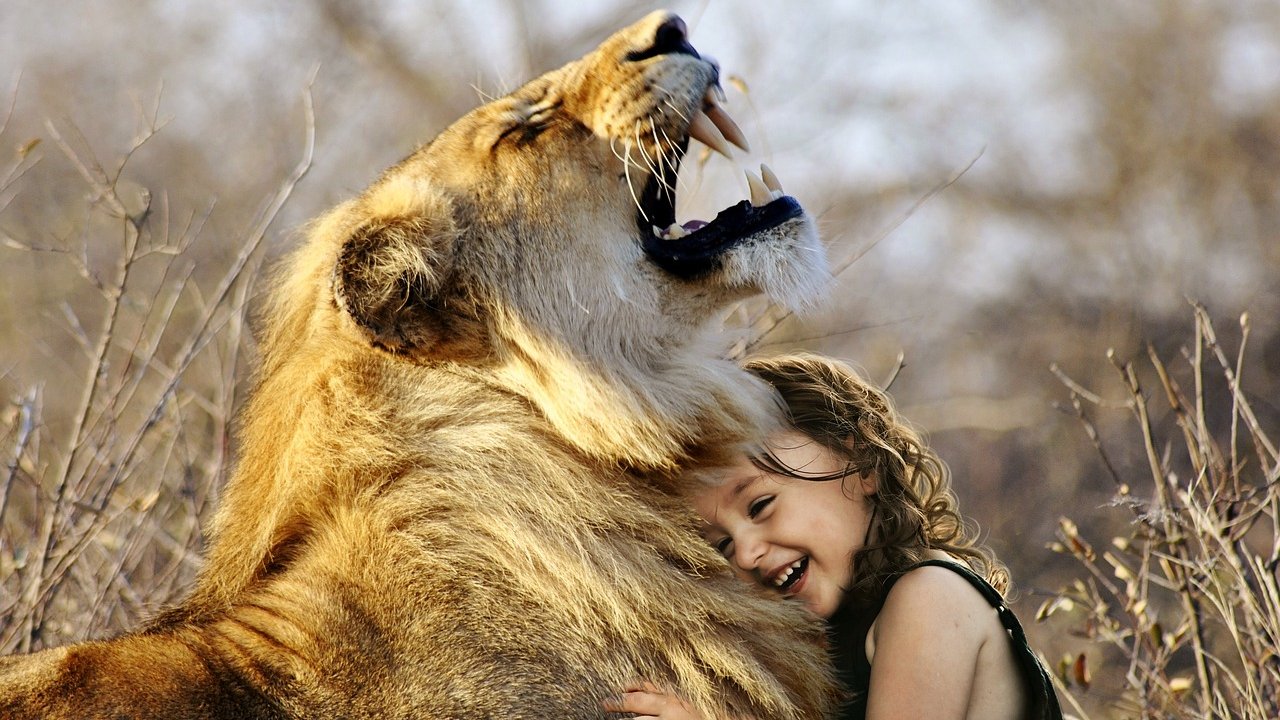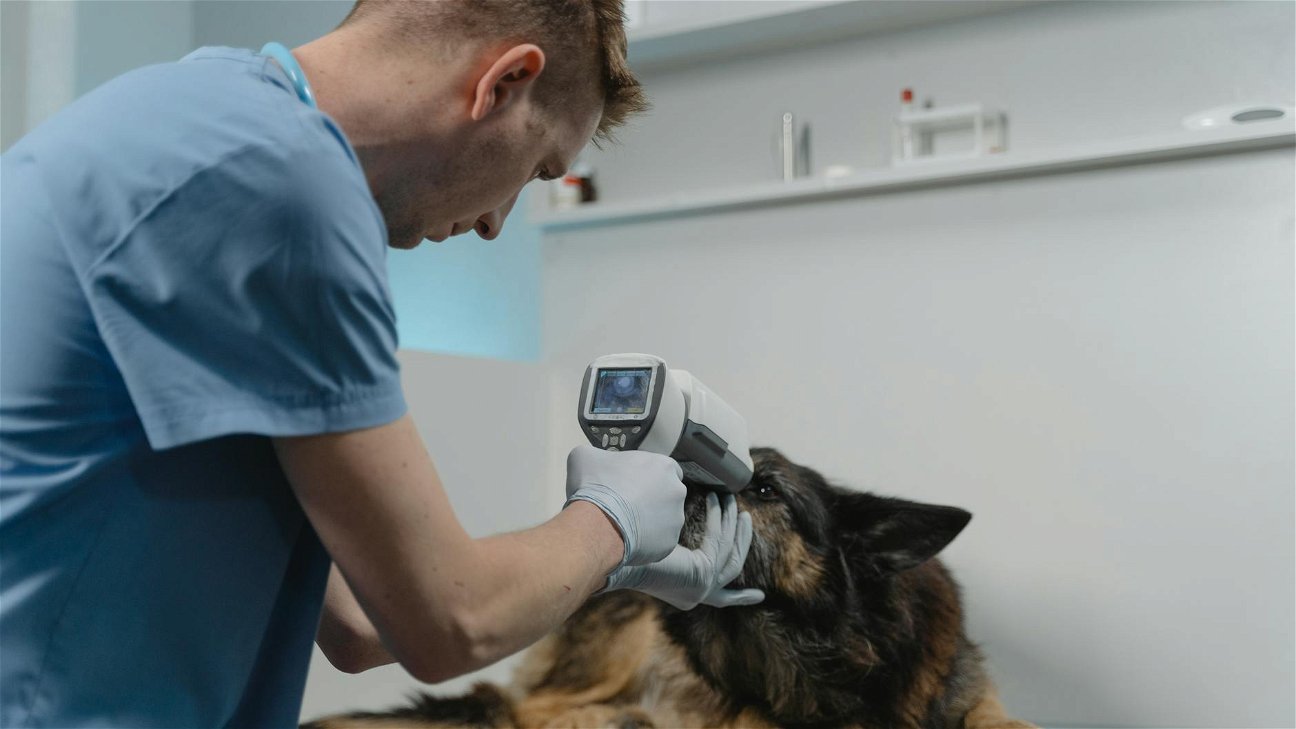
Climate change doesn't only affect humans; it also has a profound impact on our pets. As the planet warms up, we're seeing more frequent and intense weather events that can pose serious risks to animals. Here, we'll explore four major ways in which climate change impacts pets and offer tips on how you can help.
1. Increased temperatures
One of the most noticeable effects of climate change is the increase in overall temperatures. This can present a significant danger to pets, particularly to dogs and cats that spend a lot of time outdoors. Increased heat can lead to conditions like heatstroke, dehydration, and other heat-related illnesses.
2. Extreme weather events
Climate change also leads to more frequent and severe weather events, such as hurricanes, floods, and wildfires. These events can result in displacement or even loss of pets. Pets may also experience trauma and stress related to these events.
3. Changes in pest populations
Changes in weather patterns can affect pest populations. For instance, warmer winters can lead to an increase in flea and tick populations, leading to a higher risk of diseases like Lyme disease in pets.
4. Allergies
With climate change comes longer allergy seasons, which can affect pets just as much as humans. Pets can suffer from allergies that cause itching, sneezing, and other discomforts.
How to help your pets
While we can't stop climate change overnight, there are steps we can take to protect our pets. Here are some strategies you can adopt:
-
Keep pets indoors during extreme heat or cold: This will help to protect them from temperature extremes and weather-related dangers.
-
Provide plenty of fresh water: During hot weather, make sure your pets always have access to fresh, clean water to prevent dehydration.
-
Plan for emergencies: Have a plan in place for severe weather events, including a pet emergency kit and an evacuation plan.
-
Regular vet check-ups: Regular vet visits can help detect any potential health issues early, including those related to climate change.
-
Control pests: Use flea and tick preventatives to protect your pets from pests that may become more prevalent with climate change.
-
Manage allergies: If your pet suffers from allergies, work with your vet to manage the symptoms and make your pet more comfortable.
Climate change is a complex issue that affects all of us, including our pets. By understanding the risks and taking proactive steps, we can help to protect our furry friends from the impacts of a changing climate.











